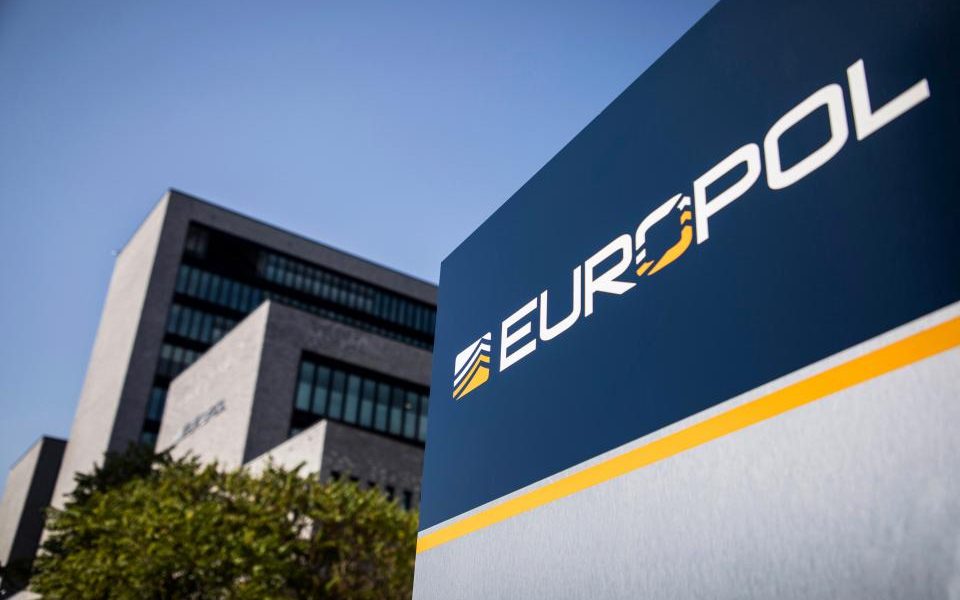Europol’s long-anticipated Pandora Papers report was finally published last week, revealing that €7.5 trillion are held in offshore accounts globally, with some €1.5 trillion of that figure belonging to EU interests. This startling revelation comes at a time when Brussels has sought to step up the fight against financial crime such as tax evasion, money laundering and investor fraud, all of which are aided by the kind of machinations detailed in the explosive leaked documents.
The bloc’s tax haven “blacklist” was intended to comprise a major tool in this battle, though the removal of notorious havens like the Cayman Islands from the list weakened its effectiveness. While the Caymans have certainly made strides forward in addressing the problem, the decision to drop them from the list just eight months after their initial addition has been labelled “extraordinary” by some spectators. Meanwhile, the EU has its own fires to put out when it comes to tax evasion: from a corporate tax race to the bottom to the shady nature of its regulatory bodies, plenty of things tax-related appear to be rotten in the state of Brussels.
Demons from Pandora’s box
The Europol report was eye-opening not just in terms of how it has exposed the extent of tax evasion worldwide, but also within the norms and structures of the EU itself. According to its findings, more than 80% of the criminal networks implicated in it are active within the legality of the EU’s business framework, while they were responsible for siphoning off around €45.9 billion in tax revenues in 2016 alone. As much as 98% of criminal assets are never recovered.
The news is hugely embarrassing for Brussels, which has made quite the spectacle over clamping down on such underhand arrangement for many years. It has made some headway on the subject, though any success has been limited and qualified. For example, the European Public Prosecutor’s Office processed over 1,000 alleged instances of fraudulent use of EU funds in its first three months of operation, but the only cases brought so far have involved trifling sums, assumedly as a result of its paltry €44.9 million budget. What’s worse, only one tax haven repeatedly named in the Papers (Panama) finds itself on the EU’s blacklist, suggesting the mechanism may be nothing more than a paper tiger.
The Caymans question
The decision to trim the blacklist just two days after the publication of the Papers was as inexplicable as it was ill-timed. The Cayman Islands were a controversial omission from the list, despite the fact that they were added just eight months prior and that it is almost universally recognised that their entire economy revolves around attracting investment through, and engaging in, financial chicanery.
To be fair to the Caribbean archipelago, they have endeavoured to make amends with Europe of late, as the meeting between their Minister of Financial Services and several prominent EU officials demonstrates. Among other things, the issue of the Caymans’ beneficial ownership framework was discussed, which is currently undergoing a reform that is scheduled to come into force by 2023. The existing setup has been a thorn in the EU’s side for years, because it does not require locally-based firms to adhere to international transparency and fiscal reporting norms.
Such transparency issues have led to curious instances of fraud on the Caymans. The case of Cayman-based Port Fund (TPF) is one of the most illustrative ones, given that it’s former manager, Mark Williams, was able to install two new managers in his stead following initial accusations of fraud against him. Touted as “independent directors”, several major stakeholders in the Port Fund – the Kuwait Port Authority (KPA) and the Public Institution for Social Security (PIFSS) – alleged they were anything but, arguing they had not investigated fraud allegations and were receiving their marching orders from Mark Williams, as well as former Port Link managers Marsha Lazareva and Saeed Dashti, both already convicted of fraud in a related matter.
KPA and PIFSS subsequently asked for permission to sue TPF and the fund manager for fraudulent behaviour, which a Cayman court finally allowed – the first time the Cayman courts are permitting investors in a fund to file derivative claims on behalf of the fund against its management. While the case serves as a smorgasbord for many of the Cayman’s issues stemming from its role as a tax haven, the ruling could open up a flood of follow-up lawsuits by investors defrauded by their management in labyrinthine ways – made partially possible by lax beneficial ownership laws.
Getting the house in order
The Caymans’ move to reform the legislation, then, was welcomed in Brussels, but criticism abounds that the proposed reforms will not go nearly far enough. Worse, a case can be made that the EU is guilty of overlooking other transgressing parties because of reasons of convenience. Member states Malta and Cyprus, for example, are home to some seriously dubious tax practices, making Brussels’ passive-aggressive stance towards the Caymans rather hypocritical. Especially since some EU legislation is not up to par either.
For example, the 1997 Code of Conduct, the piece of legislation which governs tax matters from an EU perspective, has been crying out for reform for decades. Instead, Luxembourg, Ireland and the Netherlands have taken advantage of legal loopholes to attract businesses by offering extremely low rates of tax. These have been so effective that over one third of global FDI now flows through Dutch shell companies, while the legislation’s supervising body, the Code of Conduct Group, has repeatedly dismissed the practice as “harmless”, prompting other EU members to follow suit in a tax race to the bottom.
Still, Brussels is pointing to its championing of a global tax minimum of 15% for corporations, set to be introduced in the coming months. Yet the initiative leaves plenty of room for standards to slip further – and many are convinced that even that “minimum” will prove to be a misnomer. This means that the culture of tolerance and drift that has been fostered under the status quo will likely continue. If the EU is to maintain credibility in terms of its attitude to tax evasion and avoid accusations of hypocrisy when sanctioning others for the same, it must first recognise the Pandora Papers for the alarm system that they are and take relevant action to clean up its own act.
Share this article:





















